Last month, Israel and the Palestinian militant group Hamas agreed on the first phase of Mr Trump's 20-point plan for Gaza, but the UN resolution is seen as crucial to legitimising a transitional governing body and could pave the way for countries considering sending troops to Gaza.

Mechanism for the establishment of an international force in Gaza
The text of the resolution states that member states can join the Trump-chaired Peace Council, which is envisioned as a transitional body overseeing Gaza’s reconstruction and economic recovery. It also authorizes the creation of an international peacekeeping force to ensure the demilitarization of Gaza, including the disarming and destruction of military infrastructure.
In a statement, Hamas reiterated that it would not disarm and said its fight against Israel was legitimate resistance. "This resolution imposes an international guardianship on the Gaza Strip, which our people and their parties reject," Hamas said in a statement released after the resolution was passed.
Mike Waltz, the US ambassador to the United Nations, said the resolution, which includes Trump's 20-point plan as an annex, "maps out a viable path to Palestinian self-determination... where rockets will give way to olive branches and there is an opportunity to agree on a political horizon".
Mr Trump hailed the vote as “a truly historic moment” in a social media post. “The (Peace) Council members, along with many other exciting announcements, will be announced in the coming weeks,” Mr Trump wrote.
China and Russia, despite their hesitation, abstained from voting to allow the resolution to pass, with Russia complaining that the resolution did not give the United Nations a clear role in Gaza's future.
"In essence, the council is approving the US initiative based on Washington's promises to hand over full control of the Gaza Strip to the Peace Council and the ISF (international stabilization force), the modalities of which we know nothing about so far," Russian Ambassador Vasily Nebenzya told the Council after the vote.
Israel still opposes the establishment of a Palestinian state
The Palestinian Authority issued a statement welcoming the resolution and saying it was ready to participate in its implementation. Diplomats said the Palestinian Authority's endorsement of the resolution last week was the reason Russia did not veto it.
However, the resolution was controversial in Israel because it mentioned the possibility of establishing a state for Palestinians in the future.
The resolution text states that "conditions can finally be put in place for a credible path towards Palestinian self-determination and statehood", as the Palestinian Authority implements its reform agenda and Gaza's redevelopment progresses.
Prime Minister Benjamin Netanyahu, under pressure from right-wing members of his administration, said on Sunday that Israel remains opposed to the establishment of a Palestinian state and is committed to demilitarizing Gaza.
Source: https://congluan.vn/hoi-dong-bao-an-thong-qua-ke-hoach-hoa-binh-cua-my-ve-gaza-10318186.html









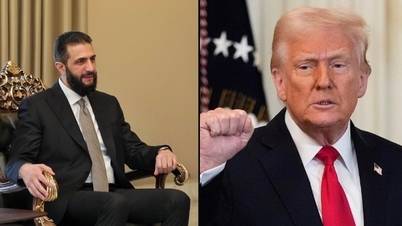




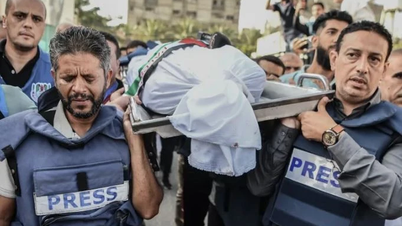



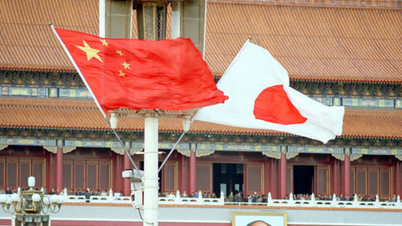


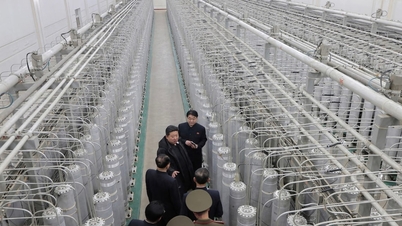
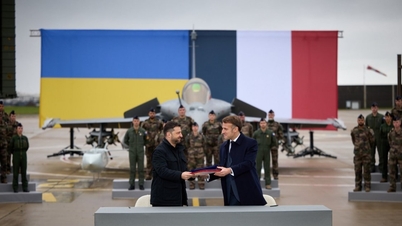

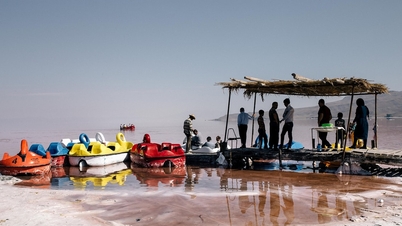




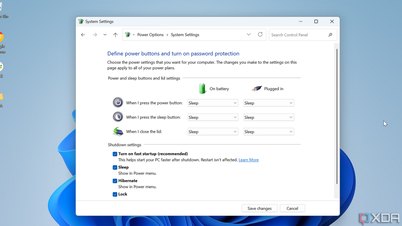




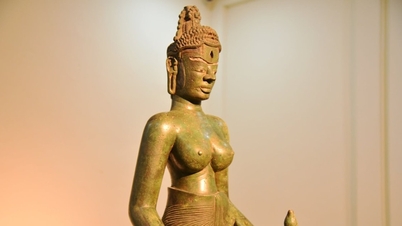
![[Photo] General Secretary To Lam and National Assembly Chairman Tran Thanh Man attend the 80th Anniversary of the Traditional Day of the Vietnamese Inspection Sector](https://vphoto.vietnam.vn/thumb/1200x675/vietnam/resource/IMAGE/2025/11/17/1763356362984_a2-bnd-7940-3561-jpg.webp)





































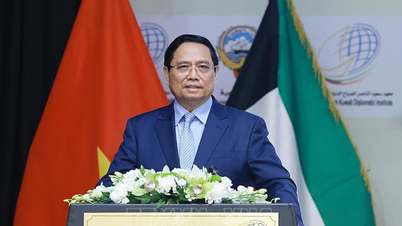



































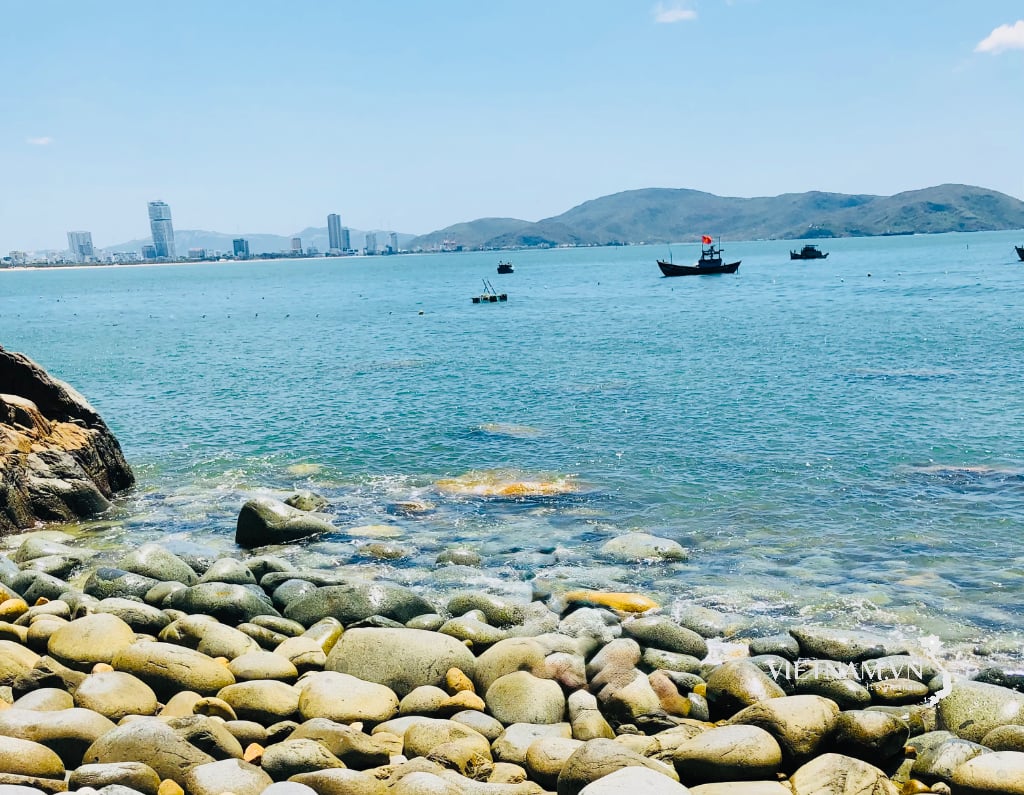

Comment (0)